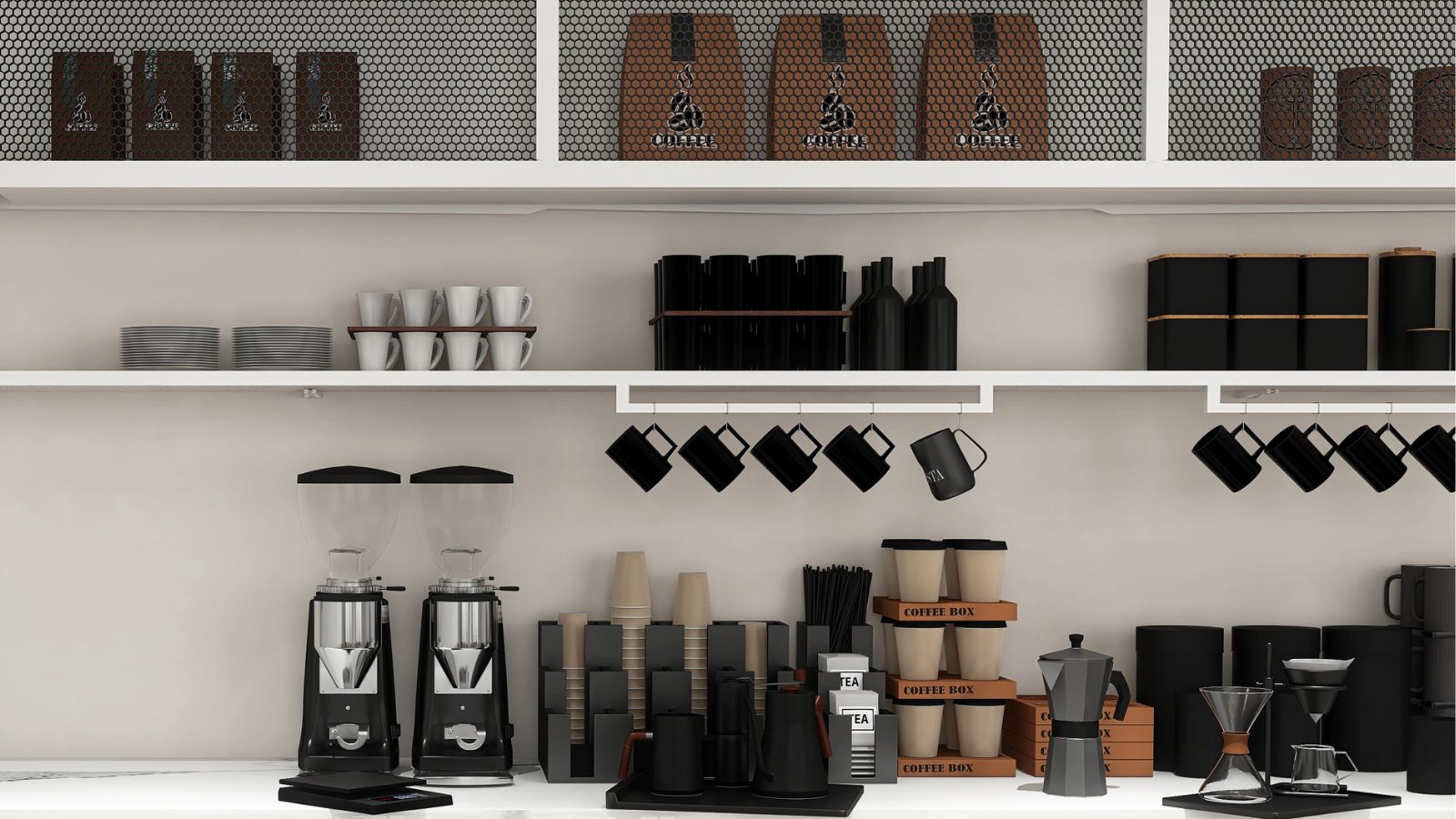
Any coffee expert will tell you that a burr grinder is better than a blade grinder. Rather than slicing up coffee beans into inconsistent sizes, burr grinders crush beans, preserving them better with less heat and damage to the oils. It makes for a much more delicious cup of coffee, but are burr grinders worth it?
As a barista, I've spent a lot of time working with the best coffee grinders on the market. The best ones are always burr grinders because they're consistent and less aggressive with your coffee beans. If you want to get all the delicious oils out of your beans, they're essential.
Whilst there are ways to grind coffee beans without a burr grinder, baristas rarely recommend them. However, if you're not a coffee snob and you want a cheap, easy grinder, you might be okay using one. I spoke with baristas in order to break down the blade vs burr coffee grinder debate.
How do coffee grinders work?
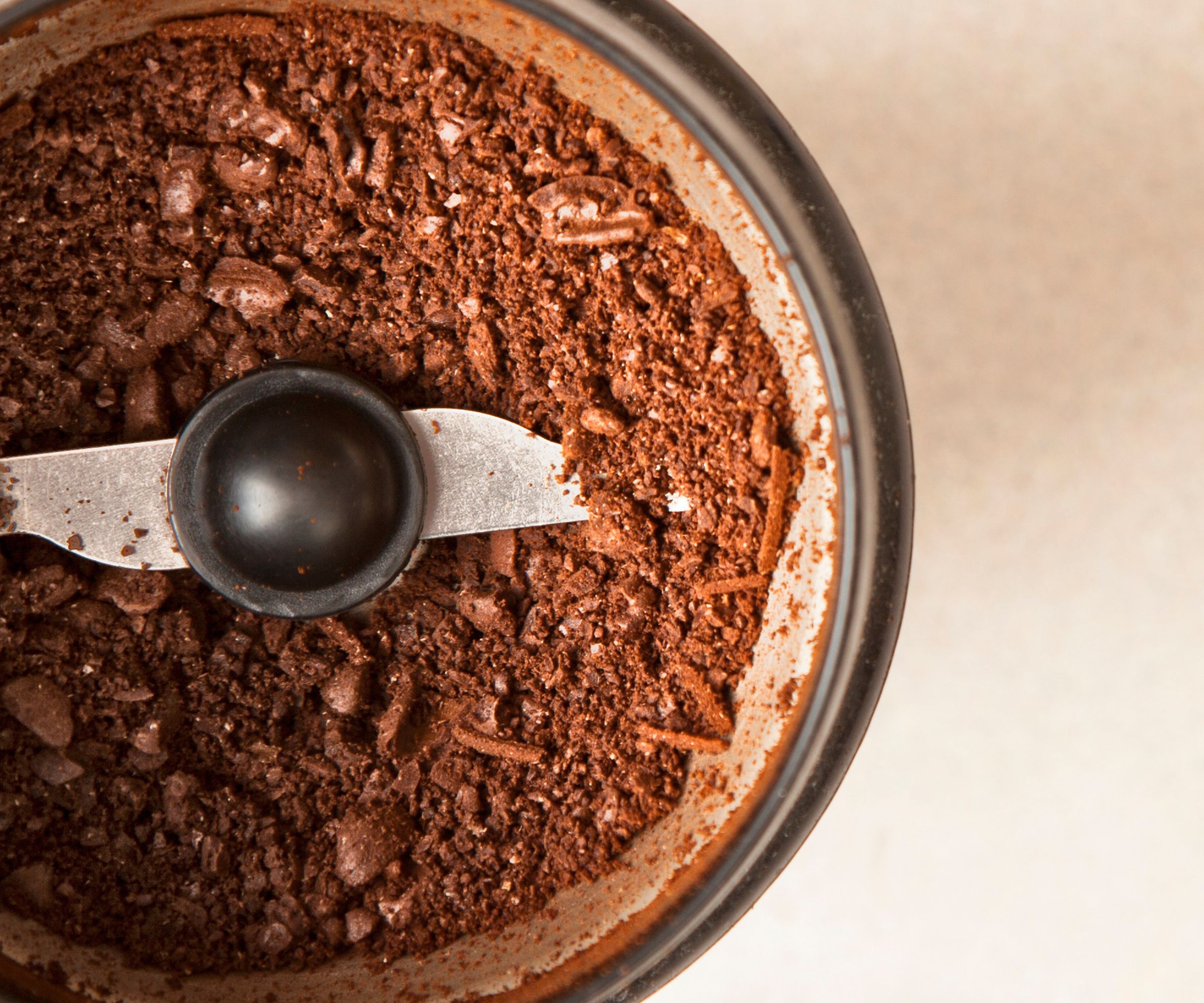
Blade grinders work like blenders. A sharp blade will rotate, slicing your coffee beans into small granules. This is an easy and quick way to make coffee, but the sizes of your grounds won't be uniform. When you add water to uneven grounds, the oil extraction will be uneven, so your cup of joe is more likely to taste bitter. The process can be noisy and will warm your coffee grounds up, causing the oils to degrade faster too.
I spoke with the expert team of grinder manufacturers at Moccamaster who described how burr grinders work. Mariah Mattoon, director of marketing at Moccamaster, says that 'instead of chopping the beans with a blade, burrs grind the beans with pressure. This allows for a uniform size of coffee grinds, resulting in a tastier cup'. She says that 'the more consistent the grind is, the more the flavor improves, which is why burr grinders significantly improve the taste of coffee over bladed grinders'.
This is Moccamaster's burr coffee grinder. Almost all the baristas that I spoke to recommended Techinvorm's Moccamaster. This and the Fellow Ode grinder have flat burrs, so it's no surprise that this has won awards for its consistency and design innovation.
Our expert, Millie Fender, put the Fellow Ode at the top of our coffee grinder roundup. It's close to faultless. The flat burrs ground incredibly consistent coffee and we could taste the difference. It's an investment worth every dollar.
Which one do you need?
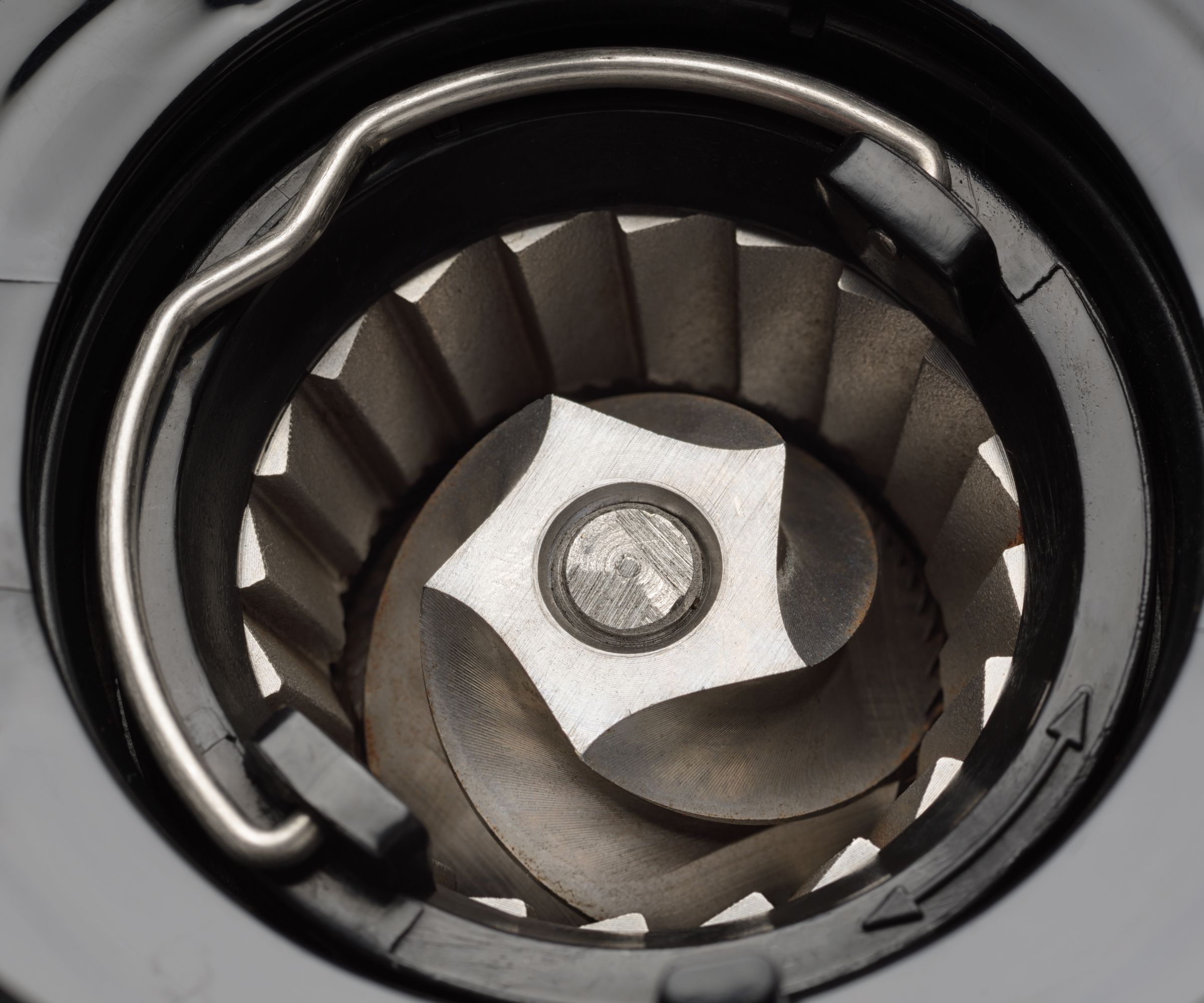
Blade grinders are typically recommended as entry-level grinders. They tend to cost less money, but they're less consistent. If you're keen to try out grinding for yourself, it's a fine place to start, but I wouldn't buy one. You can get a good burr grinder, like the Bodum Bistro, for a similar price to a blade grinder.
If you take coffee seriously, it's worth investing a little more. Kayla Stavridis, Head of Marketing for Barista HQ, says that 'the consistency or a burr grinder allows you to extract the maximum flavor for your coffee, whether you're brewing espresso, pour-over, French press, or any other method. In my experience, the difference in taste is noticeable.'
Kayla Stavridis from Barista HQ recommended this as ' a reliable and affordable entry-level grinder'. We agree; it offers 40 different grind settings and was one of the quietest grinders that we tested.
You might be surprised to see KitchenAid in our roundup, but let me assure you, it's a well-deserved place. This is also a user-friendly grinder, with excellent repeatability. In fact, it's hard to fault.
Which burr grinder should I choose?
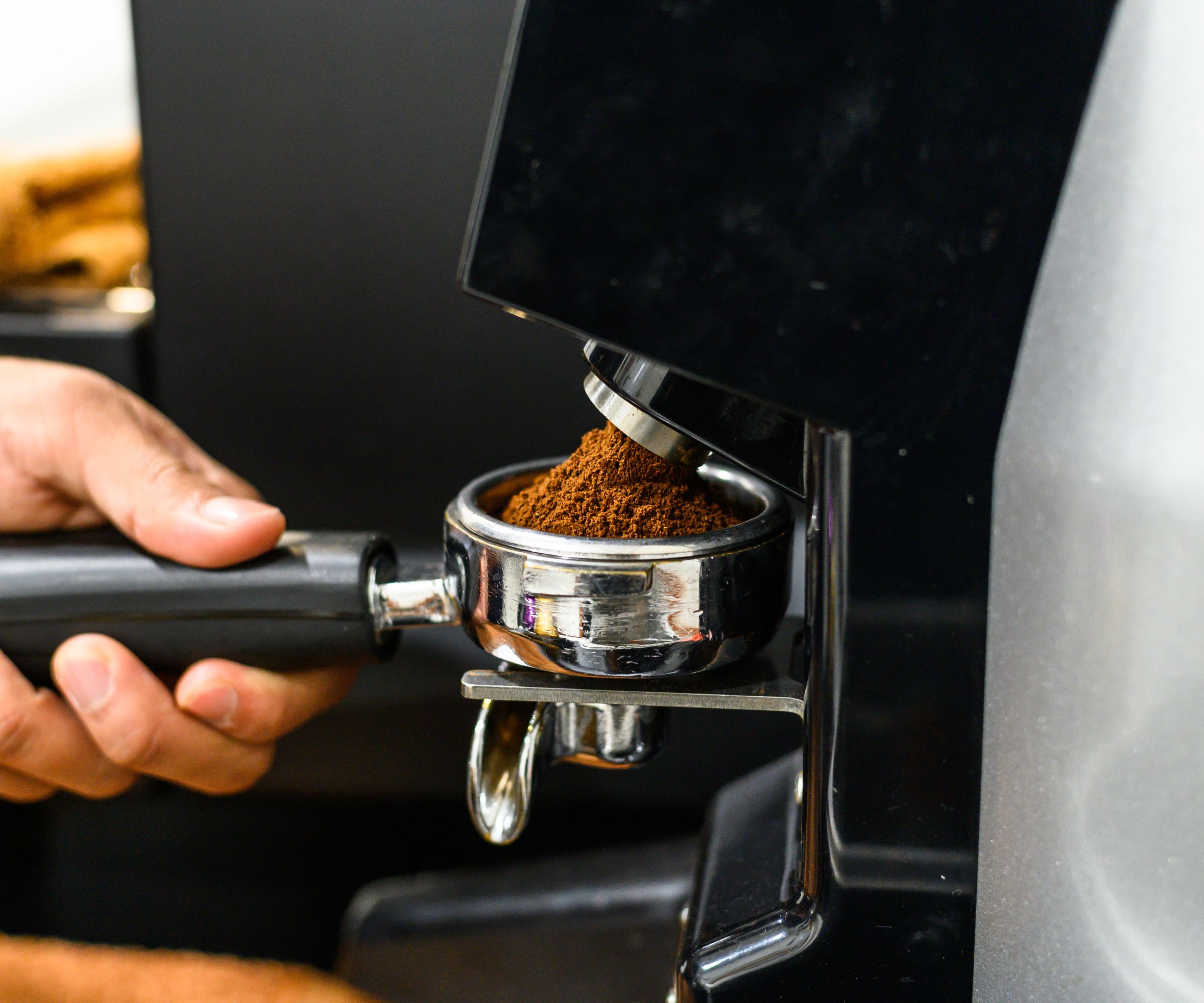
Burr grinders can use conical or flat-shaped burrs. These can be made from steel or ceramic and operated through an electric motor, or by hand. It sounds like a lot to take in, but choosing which one you want is simple.
Conical burrs are, unsurprisingly cone-shaped. They have a serrated outer burr and will produce well-ground coffee. However, under a microscope, the grounds will be inconsistent. To most people, this will have no effect on the taste, but if you're a coffee connoisseur, you'll want a flat burr grinder instead. These donut-shaped burrs hold the coffee beans flat, giving a really even grind. The resulting coffee will taste like one, balanced, smooth flavor.
You'll also be given a choice between steel burrs and ceramic burrs. Steel is more durable, while ceramic burrs are better for minimizing heat transfer. I'd go for steel since I don't grind large amounts of coffee at once, so don't create much heat. However, if you grind in big batches, choose a ceramic burr, because you'll end up with better flavors in your cup.
You'll also have to choose between manual and electric grinders. Manual grinders can be quieter, more compact, and portable, so there are lots of people that they suit. Tom Fontana, a certified barista from Big Cup Of Coffee, told me 'not to settle for any manual grinder. Specifically look for a grinder with dual bearings, like the 1Zpresso grinders. They grind much much faster than other cheaper grinders and no coffee drinker should face a grinder slow enough to challenge their love for coffee.'
If you don't need a grinder on the go, I'd opt for an electric model. They're much faster, easier, and are generally higher spec too.
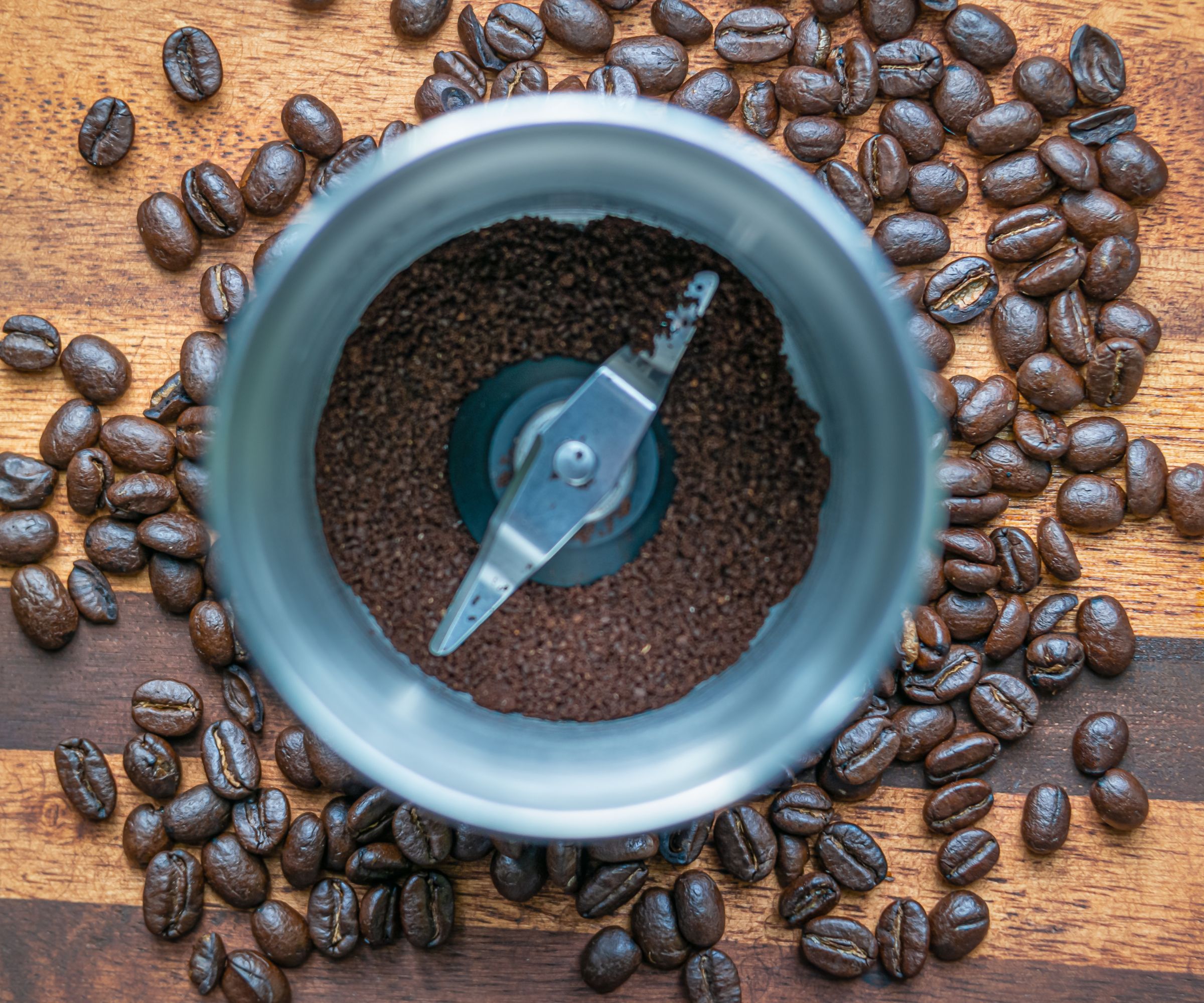
You'll have seen Tom Fontana, a certified barista, mention this grinder. It's the best and only manual grinder in our roundup. We thought this was good enough to compete with electric burr grinders, so it's worth buying if you need a portable option.
Trained barista, Chat Wyatt, recommended the OXO Brew conical burr grinder. He liked it as a 'mid-range grinder, which is very high-quality, and also has a high capacity'. I thought this was brilliant when I tested it, although it's quite loud.
Tips for using a grinder

Once you own a coffee grinder, you'll want to make the most of it. When I spoke with baristas and coffee manufacturers, I asked them for their top grinder tips.
The first thing that every barista mentioned was about getting the right grind size. Maurice Contreras, CEO and founder of Volcanica Coffee advised that you 'experiment with your grind settings to find the ideal grind size for your brewing method. It's best to refer to a brewing guide and to make sure that your burr grinder is set to provide a consistent grind size'. You'll want a fine grind for pour-over, espresso, and Turkish coffee. However, when using a French press or making a cold brew, you want a much more coarse grind.
It's also important that you think about the coffee bean type too. Some beans are better suited to French press and others are better suited to pour over. I would look for Arabica beans for espresso machines and Robusta beans for my French press. However, it's a personal preference. Maurice from Volcanica recommends buying a coffee journal where you can document the beans, brews, and grind sizes that you experiment with.
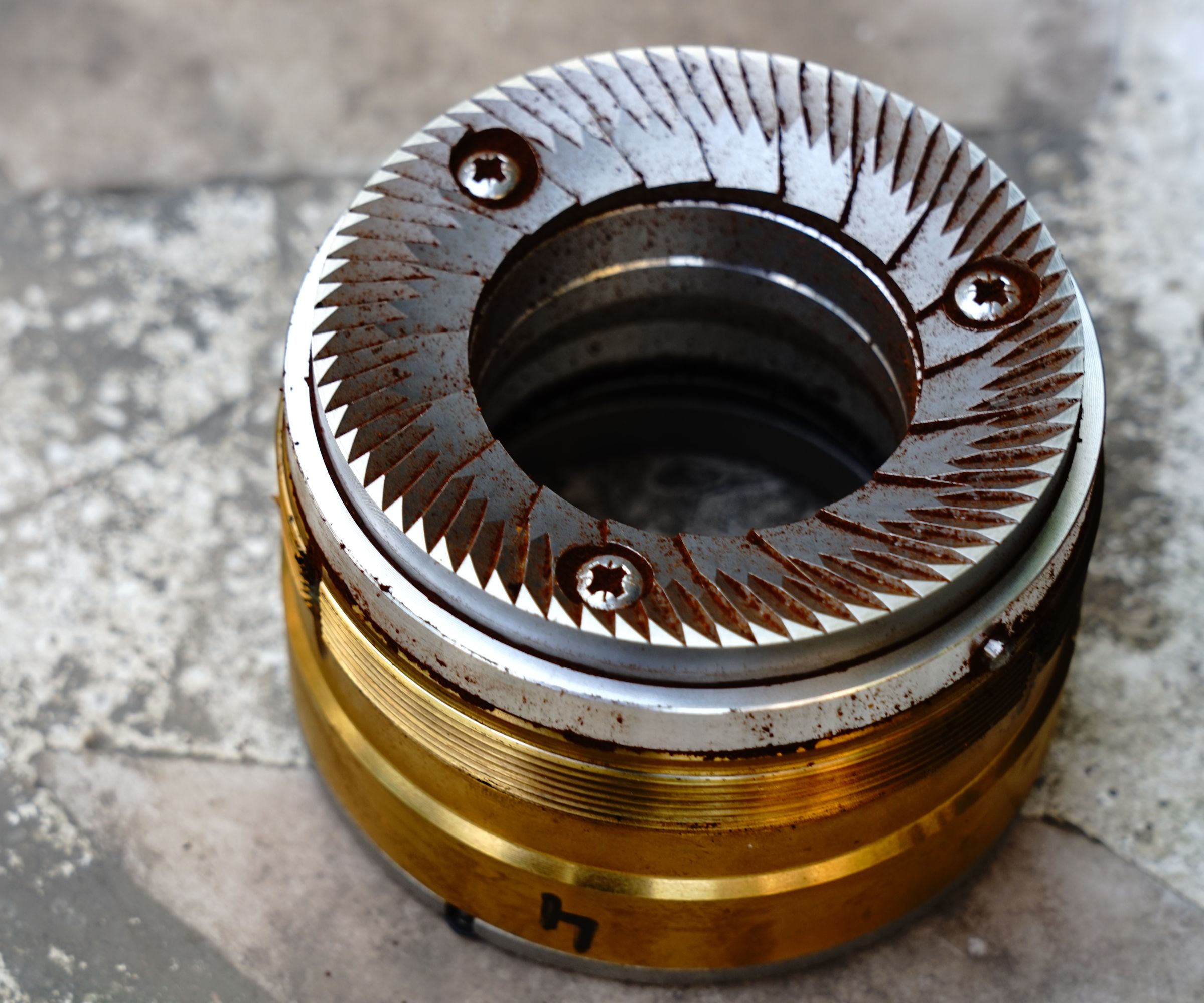
Maurice also recommended that you only grind the coffee that you need. If you grind large quantities, your grinder will get hotter, breaking down the delicious oils stored inside your coffee beans. If you don't use your coffee grounds immediately, they'll begin to degrade, especially if you don't store them properly. I have a guide to ensure that you store your coffee beans properly if you aren't sure.
Finally, former barista and founder of The Finest Roast, Chad Wyatt, reminded me of the less aesthetic, but equally important part of coffee grinding: the cleanup. Make sure that you clear your grinder of coffee grounds after every use. You can wash the burrs in warm soapy water but use a gentle cleaning agent like Ecover washing up liquid, which you can buy at Amazon. Before you replace the burrs, make sure that they are completely dry, and use a coffee brush to dust out the inside of your grinder. This stops way stale water and rust from affecting the flavor of your coffee.
FAQs
Should I buy flat or conical burr grinders?
Flat burr grinders produce more consistent coffee grounds, so they're the best investment. However, most people probably won't be able to taste the difference between the two. If you're not sure which to buy, a conical grinder will be brilliant and you'll probably save some money too.
What is the best coffee grinder?
My answer depends on your coffee grinder needs. Overall, our favorite coffee grinder is the Fellow Ode, but we have lots of other brilliant recommendations in our best coffee grinder guide.
Have you tested all of these coffee grinders?
Yes. We've tested all of the grinders that we recommended. We won't tell you to buy a coffee grinder until we have taken it to our test kitchen, where our team of experts test the coffee grinder for you. If we have struggled to test one, we will be very clear and let you know. In the absence of our rigorous tests, we conduct extensive research with consumers and other reviewers to get a holistic and fair idea of what the grinder is like. If you're interested to know more, you can visit our page which explains how we test in more detail.
Our Verdict
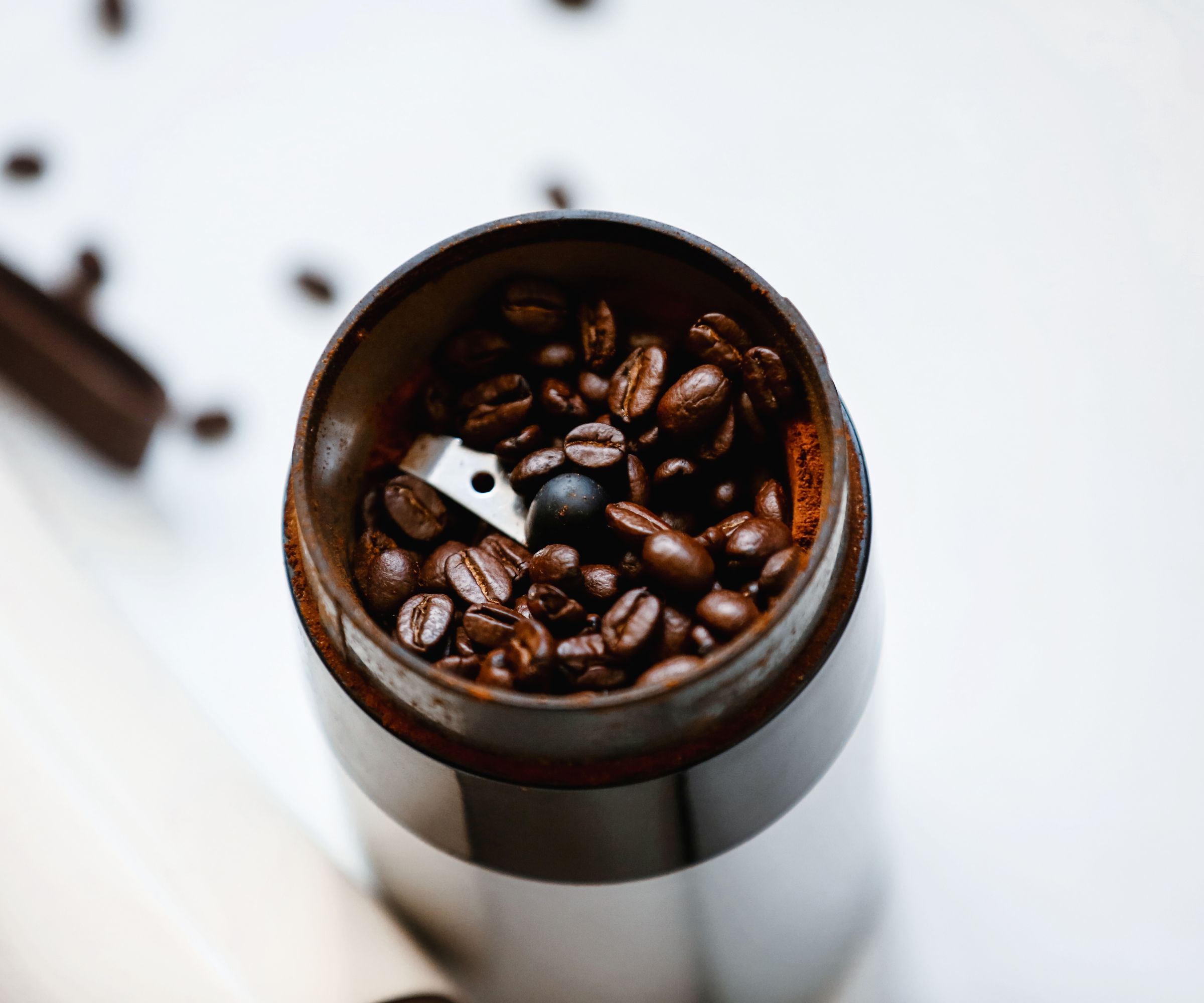
Grinding your own coffee freshly is always the best start to any cup of coffee. Without repeating our buying guide, I'd also like to mention the Smeg coffee grinder, which you can buy at Amazon. It's incredibly stylish and well-suited to fine grinds. If you own a portafilter, it's worth the investment. I could keep recommending others because there are so many good ones on the market, but that's why we have a coffee grinder buying guide. Grinding coffee yourself is about to change your coffee game. Just remember to experiment with your coffee beans too.







